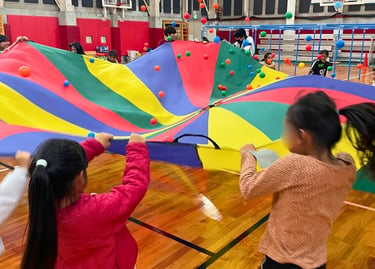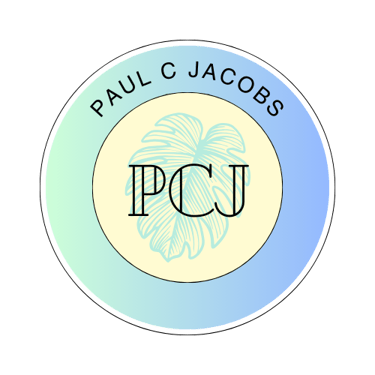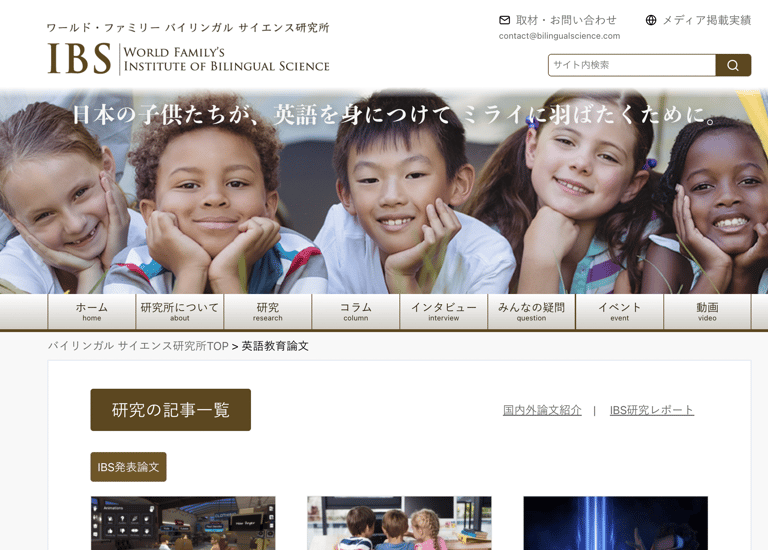Research and Advocacy
Alongside my consulting work, I contribute research and advocacy to make bilingual education more inclusive and effective. My goal is to connect research with practice — helping teachers, schools, and families better understand bilingual development in Japan and beyond.
Articles and Publications (Japanese)
I write research-based articles in Japanese about bilingualism and foreign language learning. These pieces share insights from global research and connect them to the Japanese context, making bilingual education understandable and practical for parents and teachers (articles are all in Japanese).
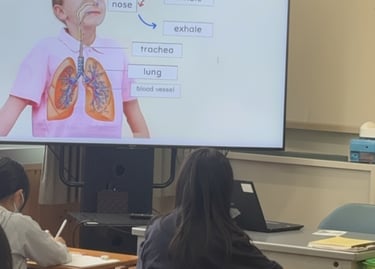

Current Research Project
I am currently researching how bilingual education influences students’ willingness to communicate and their academic outcomes. This project focuses on Japan’s first public immersion elementary school, in collaboration with Professor Harada Tetsuo at Waseda University. Together we are studying how immersion shapes language learning and classroom experiences.
For updates refer to IBS website
Featured Articles
1人より2人のほうが良い − 映像による乳児の言語学習力が仲間の存在で向上 (Better Together: Infants Learn More Language with a Peer)
バイリンガルサイエンス研究所. Published 2019/07
Infants learn foreign language sounds more effectively from videos when another person, a peer or parent, is present. Social interaction, even silent co-viewing, can enhance infant language learning from videos.
あなたにとって「バイリンガル」とは何ですか? (What Does “Bilingual” Mean to You?)
バイリンガルサイエンス研究所. Published 2021/09
Many Japanese learners do not consider themselves bilingual, believing it requires equal mastery across all skills. This strict definition lowered confidence. The article highlights “emergent bilingualism” as a more empowering view.
Takeaway: Redefining bilingualism as progress, not perfection, empowers learners to value their growth.
Other Articles
英語リスニング力の発達 ―日本人小学生を対象に活用するテクノロジー2種を比較して [Research study: Developing English Listening Skills in Elementary Students through Zoom and VR]
教室環境で第二言語の語彙を増やす [Expanding Vocabulary in Content-Based Classrooms]
幼児の第二言語学習を成功させる6つの原則 [Six Principles for Successful Second Language Learning in Early Childhood]
バイリンガル教育が母語の言語処理に与える影響 [The Impact of Bilingual Education on First Language Processing]
John Doe
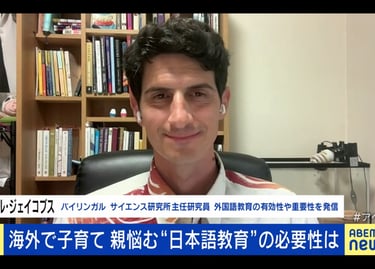

Talks and Media
I also share my work through talks, teacher workshops, and media contributions. These opportunities allow me to collaborate with other educators and advocate for multilingual-friendly practices in Japan.
In Okinawa, I helped connect an international school with local after-school programs (放課後デイ) for children with special needs. This project created opportunities for Japanese students and international students to interact, build friendships, and learn from one another — connections that would not naturally occur without collaboration.
International Schools and Local After School program connection
